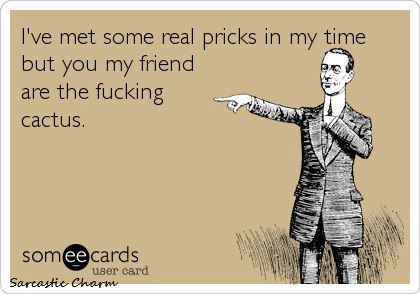'Phoney' UK drug war criticised
The report's author referred to Soca as a failure.
The government's battle against UK drug use has been condemned as a "phoney war" in a report by a think tank. The Centre for Policy Studies document called Labour's £1.5bn-a-year anti-drugs policy an "expensive failure".
It said the UK's policy of spending most of its drug budget on treatment was less effective than spending more on prevention and enforcement.
The Home Office said the report "inaccurately portrays the impact of the government's drug strategy".
According to author Kathy Gyngell, spending on methadone increased threefold between 2003 and 2008, as the government switched focus from combating illegal drug use to dealing with addicts.
She argued that this "harm-reduction approach" had failed, instead leaving 147,000 people in "state-sponsored" addiction.
The author also said Class A consumption and "problem drug use" had "risen dramatically" during the past 10 years, with drug use spreading to rural areas and the age of children's initiation into drugs falling.
Labour's War on Drugs has not, despite the rhetoric to the contrary, been fought
Kathy Gyngell
Centre for Policy Studies
The report for the right-wing think tank claims more than 10% of 11-year-olds have taken drugs, while 41% of 15-year-olds had done so.
Turning her attention to the Serious Organised Crime Agency (Soca) , Ms Gyngell said the agency - which was set up in 2006 - had been a "failure" in its bid to tackle the drugs trade in the UK.
The report's author said the UK's drug policy should bear down on the illicit use of all drugs and feature a tougher enforcement programme to reduce the supply of drugs.
"Labour's War on Drugs has not, despite the rhetoric to the contrary, been fought. It has been a phoney war - and an expensive failure," she said.
"While the UK spends the majority of its drug budget on its so-called treatment programmes, both the Netherlands and Sweden spend most of their drugs budget on prevention and enforcement.
Drug seizures
"Their drugs problems are a half and a third of the size of the UK respectively."
Her comments come just days after Soca said at least 5,000 criminals were now in the sights of the agency after a 75% rise in operations.
Of the 287 cases that reached court, 266 - or 93% - ended in a conviction, according to the agency's annual report.
The Home Office rejected the claims made in the think tank's report.
A spokesman said overall drug use was at its "lowest level" since measurements began.
"Record numbers are entering and staying in treatment and recorded acquisitive crime - to which drug related crime makes a significant contribution - has fallen by 28% since the introduction of the Drug Interventions Programme," he said.
The spokesman also referred to figures showing that, in 2007/08, police and HM Revenue and Customs made 216,792 seizures of drugs in England and Wales - an increase of 17% since 2006/07 and the highest since records began in 1973.
http://news.bbc.co.uk/1/hi/uk/8054890.stm










 Reply With Quote
Reply With Quote


Social Networking Bookmarks